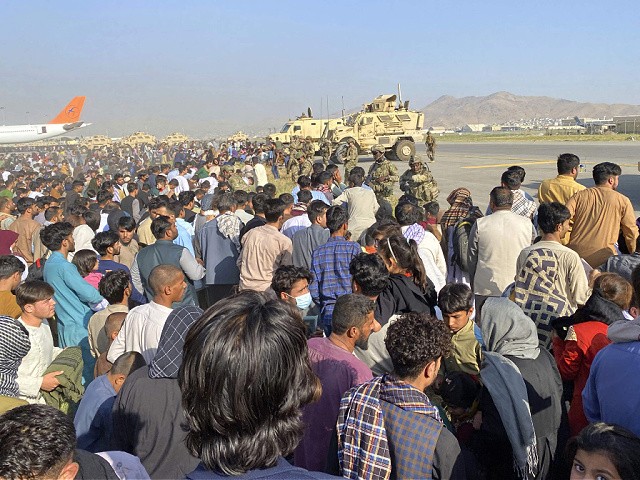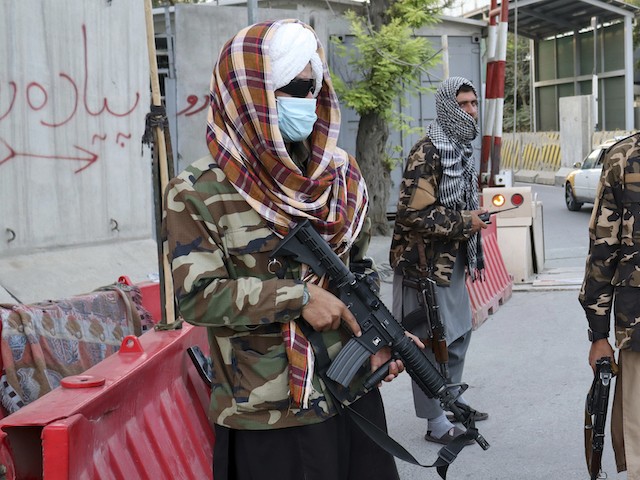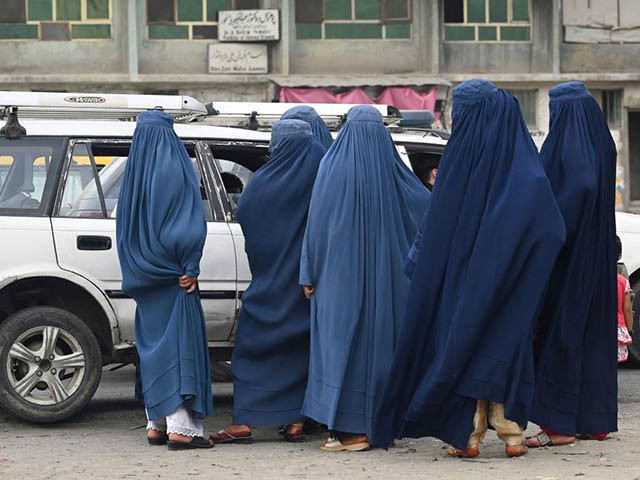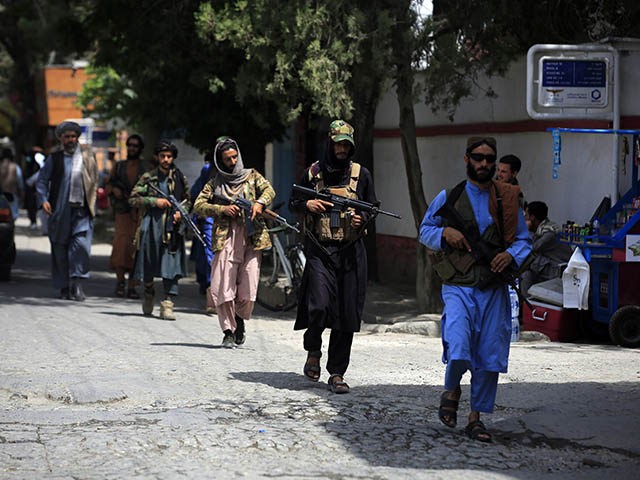The World Bank announced on Tuesday that it will halt financial aid to Afghanistan following the Taliban’s overthrow of the elected government in Kabul.
The International Monetary Fund (IMF) took similar measures last week.
“We are deeply concerned about the situation in Afghanistan and the impact on the country’s development prospects, especially for women,” said World Bank spokeswoman Marcela Sanchez-Bender on Tuesday.
“We have paused disbursements in our operations in Afghanistan and we are closely monitoring and assessing the situation in line with our internal policies and procedure,” she said.
“We will continue to consult closely with the international community and development partners. Together with our partners we are exploring ways we can remain engaged to preserve hard-won development gains and continue to support the people of Afghanistan,” the World Bank stated.
The BBC quoted a World Bank statement to its staffers on Friday that all of its personnel in Kabul, along with their immediate families, have been safely evacuated to Pakistan.

U.S soldiers stand guard along a perimeter at the international airport in Kabul, Afghanistan, August 16, 2021. (AP Photo/Shekib Rahmani)
The World Bank-administered Afghanistan Reconstruction Trust Fund has raised over $12.9 billion from 34 donor nations to date, while the World Bank committed over $5.3 billion for development projects in Afghanistan before the Taliban takeover, issued $4.8 million in grants, and approved $436 million in zero-interest loans.
The World Bank estimated that its trust fund has been “the largest single source of funding for Afghanistan’s development, financing up to 30 percent of the country’s civilian budget and supporting core functions of the government.”
The IMF blocked Afghanistan’s access to $460 million in emergency monetary reserves last week, citing the “lack of clarity within the international community regarding recognition of a government in Afghanistan.”
Both the IMF and World Bank indicated the frozen funds could be released if their member states agree to recognize the Taliban as the legitimate government of Afghanistan.
The U.S. government froze Afghan government reserves in U.S. banks on Sunday, blocking the Taliban’s access to billions of dollars in funds. The White House and Treasury Department did not disclose the precise amount, but the BBC said “most” of Afghanistan’s $9 billion in reserves is “held in the U.S.”

Taliban fighters stand guard at a checkpoint on the road in Kabul, Afghanistan, August 25, 2021. (AP Photo/Khwaja Tawfiq Sediqi)
The U.S. is also expected to halt $3 billion in annual military aid that was sent to the toppled civilian government.
The United Kingdom also froze billions of dollars in Afghanistan’s assets. Prime Minister Boris Johnson suggested after an emergency Group of Seven (G7) meeting on Tuesday that access to those funds could hinge on the Taliban agreeing to provide safe passage for both foreigners and Afghans who wish to emigrate beyond the August 31 “red line” date the Taliban imposed on U.S. President Joe Biden.
European Commission President Ursula von der Leyen said on Tuesday that further EU assistance to Afghanistan will be “condition-based – linked to fundamental values, human rights, and of course women’s rights.”

Women wearing burqas wait to board into a local taxi in Kabul on July 31, 2021. (Sajjad Hussain/AFP via Getty Images)
Von der Leyen said the EU has earmarked $1.17 billion for Afghan aid over the next seven years, but it has been “frozen until we have solid guarantees and credible actions on the ground that the conditions are being met.”
On the other hand, the EU announced on the very same day that it will increase humanitarian aid for Afghanistan by some 400 percent to roughly $235 million. Von der Leyen said the increased funding is meant to “help meet the urgent needs of Afghans both in Afghanistan but also of course in the neighboring host countries.”
Special Inspector General for Afghanistan Reconstruction (SIGAR) John Sopko said in March that “80 percent of Afghanistan’s budget is funded by the U.S.” and other international donors, so if all of those funds are withheld after the Taliban takeover, it would represent a dramatic collapse in finances for brutal new regime governing an impoverished country.

COMMENTS
Please let us know if you're having issues with commenting.